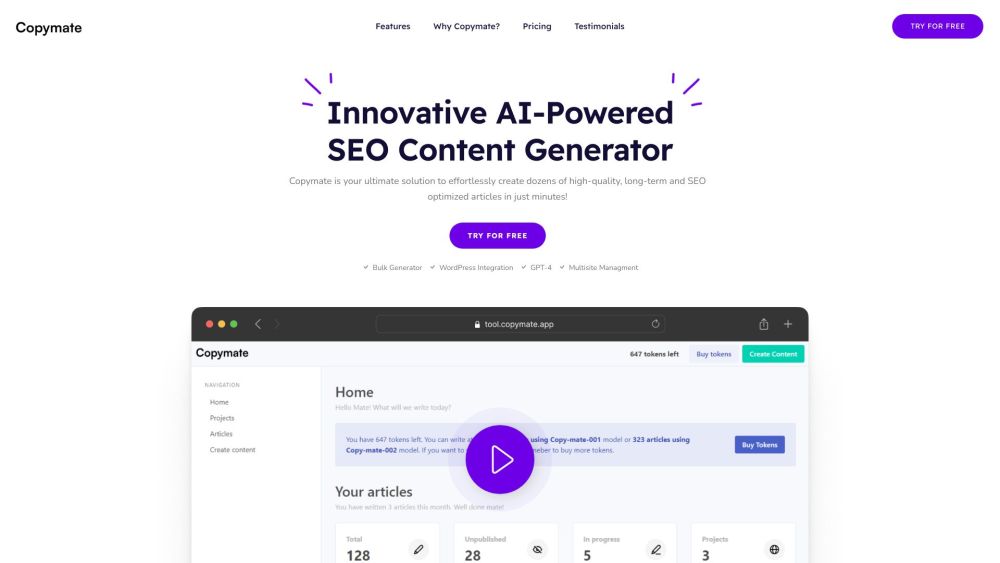San Francisco-based startup Rasa has secured $30 million in a Series C funding round, co-led by StepStone Group and PayPal Ventures, with participation from Andreessen Horowitz (a16z), Accel, and Basis Set Ventures. Rasa aims to enhance enterprise customer service with generative AI.
Rasa has demonstrated significant growth over recent years, attracting notable clients such as Adobe, Orange, Dell, and American Express. With this latest funding, the company plans to enhance its product offerings and expand its market share.
The need for advanced AI solutions is more pressing than ever, as enterprises across various sectors are eager to leverage generative AI to transform customer interactions. Recently, Bret Taylor, a director at OpenAI, launched a startup focused on the same domain.
An Open Approach to Conversational AI
Founded in 2016 by Alex Weidauer and Alan Nichol, Rasa initially gained attention for its open-source framework designed for building multilingual chat and voice assistants. This framework has now evolved into a comprehensive enterprise-grade platform for generative conversational AI.
“Rasa’s first enterprise product was a UI built on the open-source framework. With the launch of Rasa Pro, our enterprise capabilities significantly accelerated,” said Nichol, Rasa’s CTO, who has authored several papers on natural language understanding and dialogue.
The Rasa Platform
Rasa Pro enhances Rasa Open Source with CALM (Conversational AI with Language Models), a generative AI-native approach that integrates enterprise-ready analytics, security, and observability. It connects seamlessly with internal systems and features a no-code UI, empowering users to collaborate and enhance their assistants.
Rasa Studio, built on Rasa Pro, allows enterprise teams to create superior conversational customer experiences without writing any code. “CALM also supports retrieval-augmented generation for enterprise search, enabling context-aware responses throughout conversations,” the company explains.
Leading Enterprises Choose Rasa
The open framework has attracted major enterprises, including American Express, Deutsche Telekom, Adobe, and T-Mobile. Rasa's revenue has nearly doubled in the past year, according to Nichol.
“Deutsche Telekom developed their flagship AI assistant, ‘Frag Magenta,’ using Rasa. They switched from a competitor platform that didn't meet their needs. Rasa’s customizable features allowed them to create an award-winning chatbot recognized as the best in Germany,” Nichol noted.
Organizations in finance and banking have also leveraged Rasa to develop assistants that facilitate tasks such as account management and money transfers.
This recent funding round brings Rasa’s total capital raised to over $70 million, which the company plans to invest in research and development while strengthening its enterprise-focused products. “We aim to enhance our sales and marketing efforts. Our existing customers affirm that we are meeting the demand for next-generation conversational AI, and we want to expand our reach,” Nichol stated.
In the competitive landscape of AI conversational assistants, Rasa faces numerous formidable players, such as Yellow AI, Aisera, Cognigy, and Kore AI. Adding to the competition, Bret Taylor recently unveiled Sierra, a new startup that has already raised $110 million to develop AI agents capable of understanding jargon and providing empathetic responses.
According to Markets and Markets, the conversational AI market was valued at $10.7 billion in 2023 and is projected to grow at a CAGR of over 22%, nearing $30 billion by 2028.





